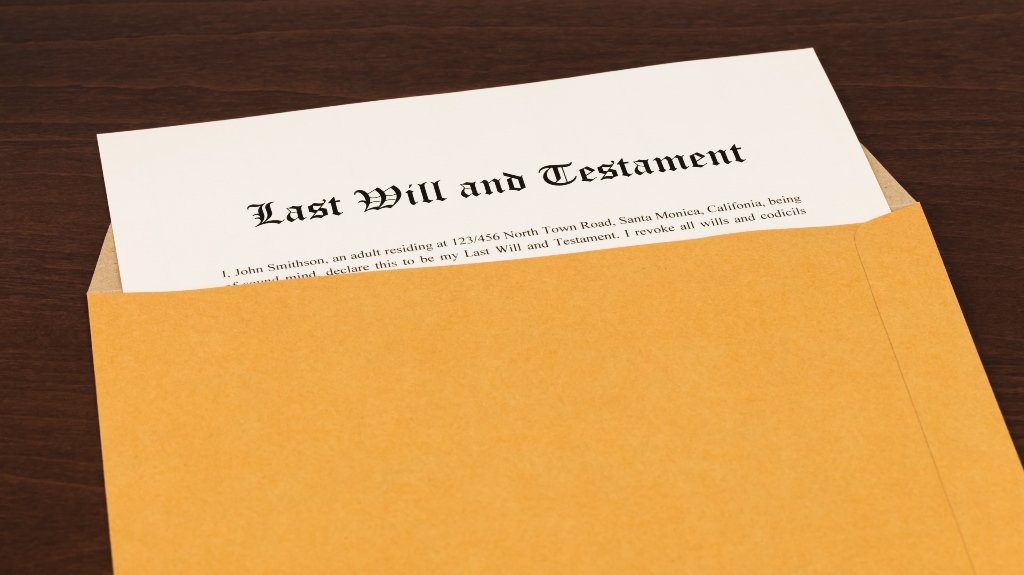Leaving a lasting legacy is a priority for many people, and creating a good plan with the help of an Illinois estate planning attorney can help you do just that. But before you start drafting a will, it’s helpful to make sure you understand the order of inheritance in Illinois. This determines who inherits what and makes leaving a legacy you can be proud of easier. Here’s what you need to know.

What Happens When You Have a Will
When you have a will, the people you designate will inherit the items, property, or assets that you designate for them. Your estate planning attorney will help ensure that your property is distributed as you outlined in your will and if your heirs have any disputes, they’ll be required to follow the terms of your will to the letter.
If you have specific items and assets that you want to leave to specific people, a will can help you do just that.
Who Inherits When You Don’t Have a Will
Sometimes, people pass away before they can establish a will. And when they do, the state has to step in to determine who inherits which parts of the estate and when. In Illinois, there’s a clear order of inheritance that the state follows. Here’s a quick overview:
- Survived by a spouse and descendants: Surviving spouses inherit 50% of the estate and the rest will go to surviving direct descendants.
- Survived by a spouse alone: The spouse will inherit the entire estate.
- Survived by children or descendants: The estate is divided between the descendants.
- Survived by parents and/or siblings: The deceased’s parents and/or siblings will inherit the full estate and can divide it between themselves.
- Survived by extended family only: The maternal and paternal sides of the family will receive the estate in equal portions.
Without a will, the state must follow these guidelines. They won’t leave your estate to someone outside of those guidelines unless your express wishes to do so are outlined in a will.
Setting up a Will Is the Best Way to Preserve Your Legacy
If you’re not comfortable with the idea of the state following the Illinois order of inheritance when distributing your estate, the best thing you can do is create a will. Your will outlines exactly who receives which parts of your estate and gives you the opportunity to leave money to people outside your family. It also offers you the opportunity to designate charities and other causes you support as recipients of your estate.
Work With an Illinois Estate Planning Attorney
If you don’t have a will in place or it’s been a while since you reviewed your will, it’s a great idea to schedule an appointment with an Illinois estate planning attorney. They’ll help you make sure your will is up to date and designates the beneficiaries you want to leave your property to clearly. Contact us today to schedule a consultation and let our team help you create a firm and lasting will.
